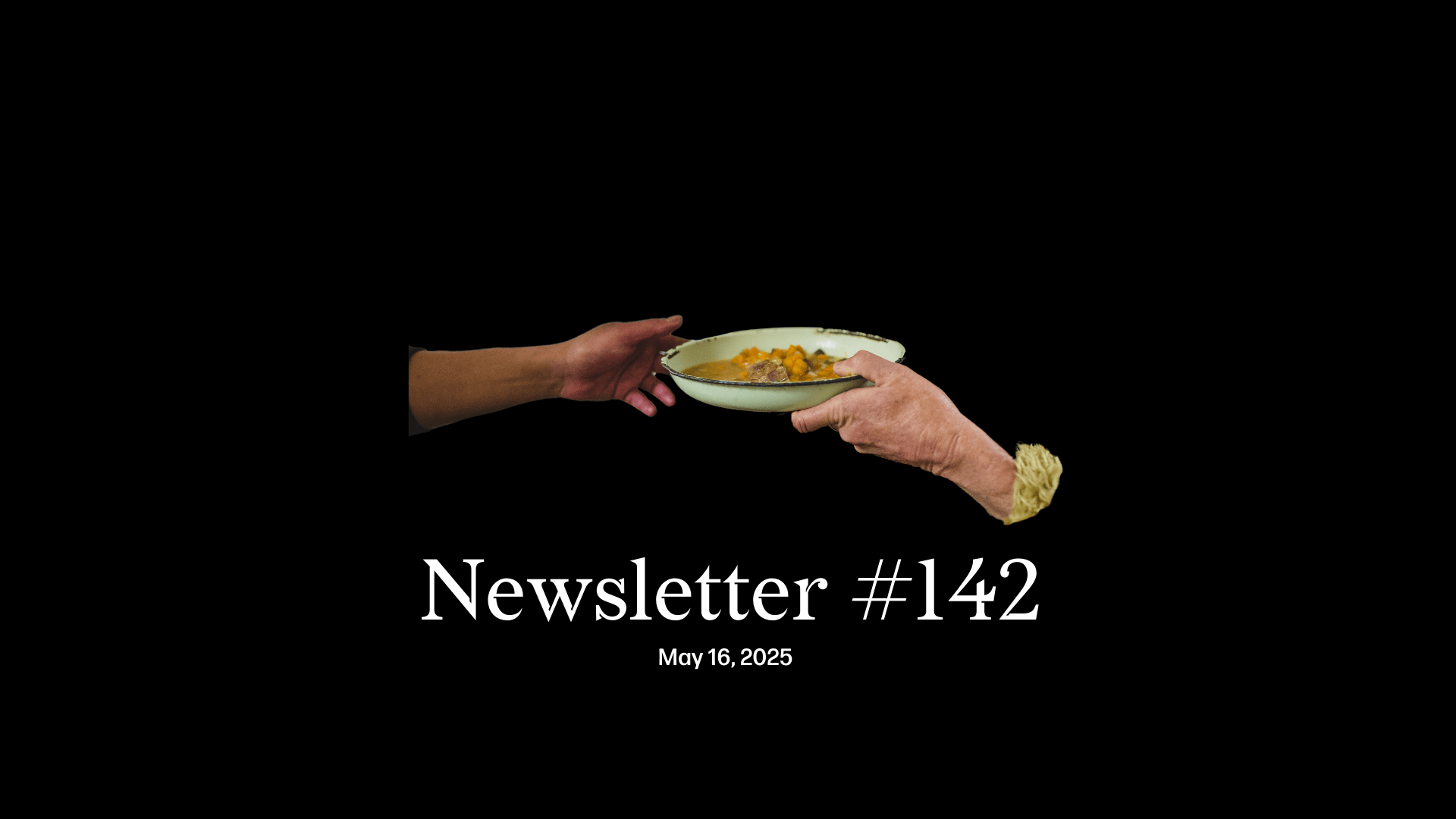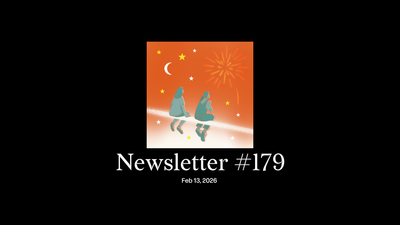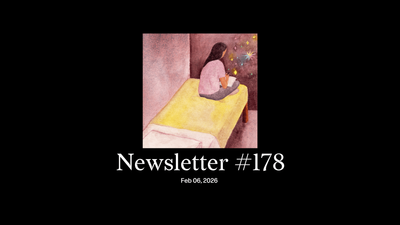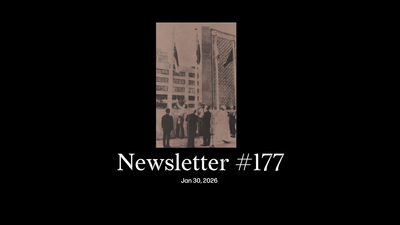Dear reader,
How’s our revenue? Thank you, dear paying Jomrades, for answering our call. Over the past month, your ranks have grown 25 percent; there are now some 1,755 Members, 246 Supporters, and 61 Patrons. Over that period, our monthly recurring revenue has grown 34 percent to S$23,634. As promised, we’ve immediately raised contributor rates. Your money is nurturing the independent artistic and journalistic communities in this place we call home.
Before the GE, we were roughly halfway to breaking even; now, we’re about two-thirds. As you know, the magic number is S$35K, the point at which we can sustain the highest wages at S$6K per month. If we raise salaries now to that level, our funds will last us about 16 months. So the weeks ahead involve a lot of financial planning. Raise investor money to fund salary hikes and app development? Keep plugging away with our membership drive? Start a podcast show to compete with Daily Ketchup?
Announcement. The University of Helsinki’s Collegium for Advanced Studies has just announced that Corrie Tan, Jom’s arts editor, will be its new postdoctoral fellow in the arts (2025-26). Congrats! Corrie will be there for a year from August, and has promised to continue with her Jom coverage in the blistering cold, the melancholic darkness.
Save the date. 7-9pm, Tuesday, June 24th 2025.
Jom Cakap: The Economist’s Sue-Lin Wong in conversation with Jom’s Corrie Tan about “Scams Inc”.
Sue-Lin, The Economist’s Asia correspondent, is also the host of two podcasts: “The Prince” (2022), about Xi Jinping, and “Scam Inc” (2025), about online scams. The Economist reported that the Singapore government is leading the way in combating an industry which “may already be as big a scourge as illegal drugs”, and given the Fujian gang’s connections to it, this is something all Singaporeans should be concerned about. Corrie and Sue-Lin get along famously, and I think the conversational dynamic will be worth the trip alone. (No pressure, guys.)
We’ll open ticket sales within the fortnight. Look out for the email. Supporters and Patrons will get first dibs, then Members, and finally the general public. Members (S$10/month or S$96/year) who are especially eager to attend could consider upgrading their membership now. Log in, click on Account, and then “Change plan”.
- Malaysian politicians welcome Lawrence but take a dig at our opposition
- Why the PAP’s hobnobbing with a “Fujian gang” member is a problem that might linger
- Will the “Singapore consensus” on AI safety help prevent humanity’s techno-nightmares?
- Thanks to Pocky, you can now carry durian around anywhere.
- URA preserving five new sites of social, architectural and historical significance
- The growing interdependence of Singapore’s independent bookstores
- Charmaine Chen, full-time sign painter, and a throwback to a bygone era of art
- Data sovereignty options from OpenAI
And more, in our weekly digest. Read it now.
Essay: “The hunger games: trouble in food paradise?” by Tsen-Waye Tay, Jom’s co-founder.
Last year’s print issue delighted the romantic in me: we had three ecology pieces, one from each of Jom’s co-founders. We’ll be publishing them online over the coming weeks. Today we begin with Waye’s interrogation of food security in Singapore. I love her introduction, which connects the desperation of wartime Singapore to the persistent paradox: how is it that a rich, global city, with a culinary scene celebrated around the world, still has people going hungry every day?
“Another survivor, Frank Tay, was just 10 years old when the [Japanese] Occupation began in 1942. As it wore on, rice and flour became so scarce that his stepmother used ragi to make pancakes. Indeed, in all its recorded history, Singapore has never been hungrier than during those terrible years…
We argue, bond, celebrate and commiserate over food. To even entertain the notion of food insecurity, of hunger, here seems ludicrous.
The truth though is that both persist. Perhaps not in the same form; maybe not to the same extent as they did under the Japanese Occupation, but they persist nonetheless. ‘We only eat once a day. If I take my medicine, I’ll eat biscuits. Sometimes I’ll mix my Maggi with my biscuits. That’s all, every day,’ Hana told National University of Singapore (NUS) researchers Naomi Tan et al in 2016, six years after Frank Tay had shared his wartime experience of hunger.”
There’s so much more in Waye’s deeply researched essay. So yes, even as we relish our rich culinary heritage and head out for Friday night dinners with friends, let’s never forget those less fortunate—and think about how we can beef up their sustenance.
Jom makan,
Sudhir
Editor-in-chief, Jom
If you’ve enjoyed our newsletters, please scroll to the bottom of this page to sign up to receive them direct in your inbox.







